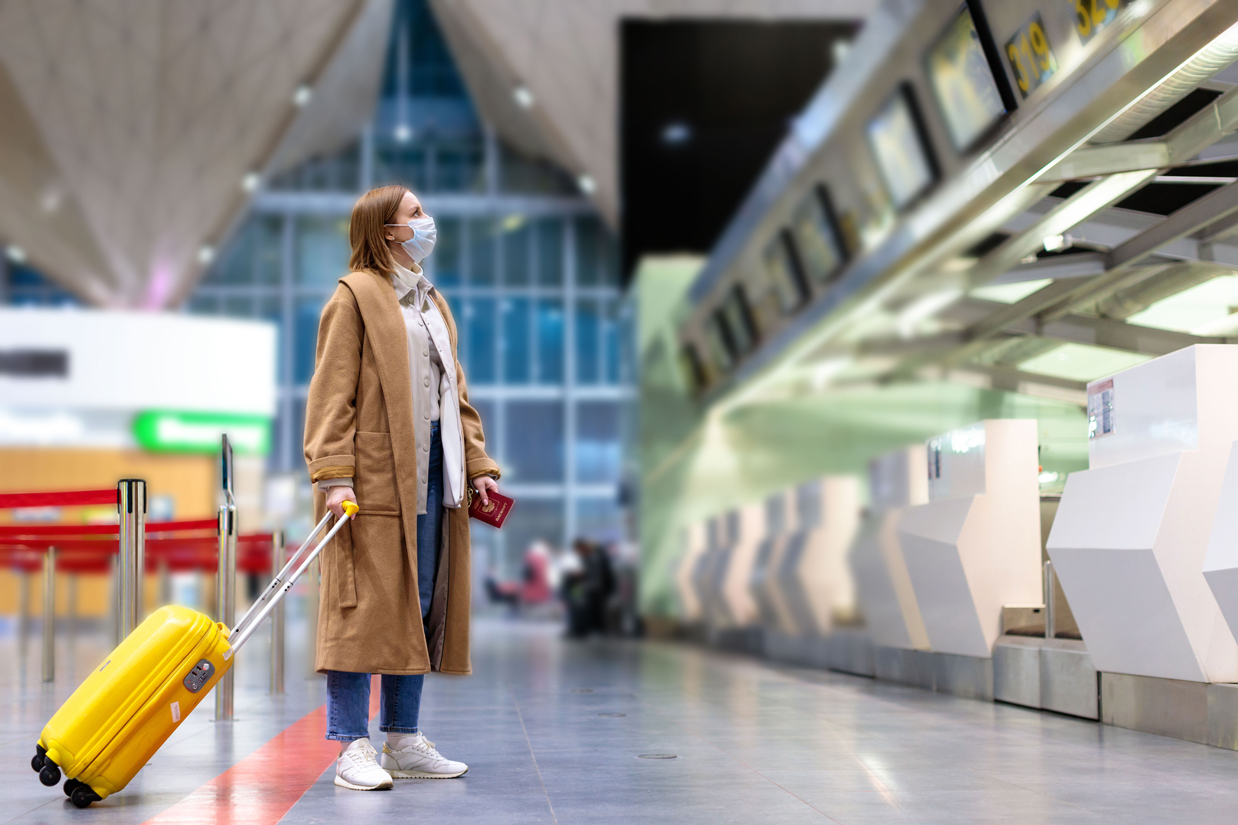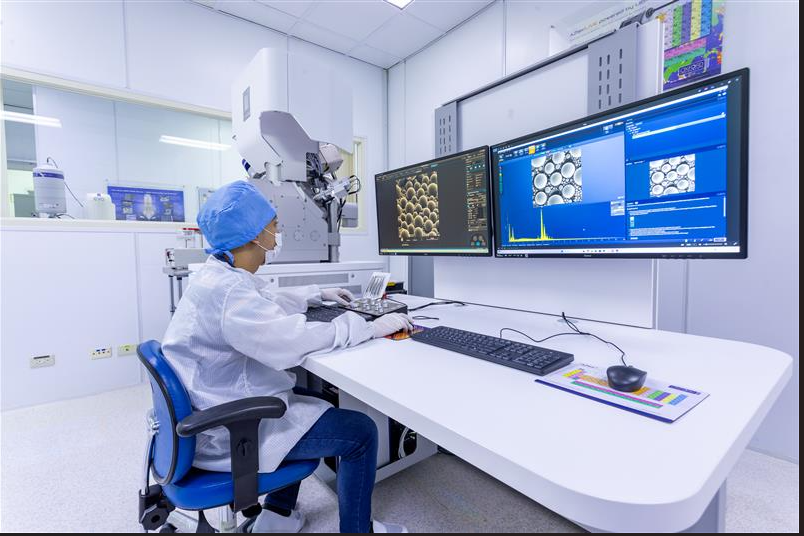COVID-19 and Aviation: Technology for Safer Skies

The COVID-19 pandemic has clipped the wings of the global aviation industry. Can new and safer technology enable it to take flight once again?
In an interview with BBC, Guillaume Faury, Chief Executive Officer of Airbus Group, called the COVID-19 pandemic “the gravest crisis the aerospace industry has ever known.”
For the global commercial aerospace market, 2020 has become a year of upheaval and survival. The International Air Transport Association, which is composed of 290 member airlines, said revenues would drop to $419B, down 50% from 2019. According to research by Airports Council International (ACI), the airport industry is anticipating “a reduction in passengers of 5.6 billion for the year.”
Preserving public health has driven the collapse in air travel demand. To contain the spread of the coronavirus, governments around the world implemented nationwide lockdowns and chose to ban entry to non-residents. While some countries have cautiously re-opened their borders since June, the aviation industry has seen a limited uptake. Many travelers have canceled their plans, understandably worried about contracting COVID-19.
Health and safety are top of mind for everyone, and rightfully so. How, then, can airports and airlines across the globe make the skies safer for travelers?
Airports
Making the pre-flight experience safer, faster, and contact-free is crucial to assuring travelers.
- Systematic COVID-19 testing.
The IATA has called for the development and deployment of systematic COVID-19 testing for all international travelers before departure.

- Touchless travel journey.
After a remote flight check-in, a boarding pass with a barcode sent to mobile devices. With this bar code, passengers can print luggage tags at self-service kiosks and drop off their bags.

- Biometric boarding.
While facial recognition was already being used before the pandemic, this technology is now being used in more airports.

Airlines
Social distancing is crucial to preventing the spread of COVID-19. In the cabin of an airplane, elbow to elbow with passengers, that can be difficult. Proposed innovations in seat designs and sanitation could be the answer.
- Color-changing seats. A UK-based industrial design consultancy firm has proposed seats with upholstery that changes color when sanitized with UV light, signaling to the passenger that it has been cleaned. Once it has been used, the upholstery goes back to its original color.
- Double-decker cabins. A U.S. startup has designed plane cabins similar to the double-decker bus to prioritize social distancing without sacrificing comfort.
- Reversed middle seats. An Italian manufacturer of airline seats has proposed reversing every middle seat and placing plastic dividers to separate passengers from one another.
- Antimicrobial technology. A US-based biotech firm has gotten approval from the Environmental Protection Agency (EPA) to use an antimicrobial protective coating that keeps the coronavirus inactive on aircraft surfaces for up to a week.
From terrorist attacks to faulty mechanisms, the aviation industry is no stranger to overwhelming obstacles. Time and again, it has revised policies and procedures to address threats and better serve its customers. COVID-19 may be its biggest threat yet, and it will take an even more proactive human- and safety-oriented approach to overcome it. Leveraging emerging digital technologies and innovative structural design is key to bringing the industry to a safer, better horizon.
As one of the Top 20 EMS companies in the world, IMI has over 40 years of experience in providing electronics manufacturing and technology solutions.
At IMI, we believe that humanity drives technology, and we direct our passion at solutions that enhance our way of living. With more than 400,000 square meters of factory space in 22 factories across 10 countries, we are positioned to build your business on a global scale.
Our proven technical expertise, worldwide reach, and vast experience in high-growth and emerging markets make us the ideal global manufacturing solutions partner.
Let's work together to build our future today.



